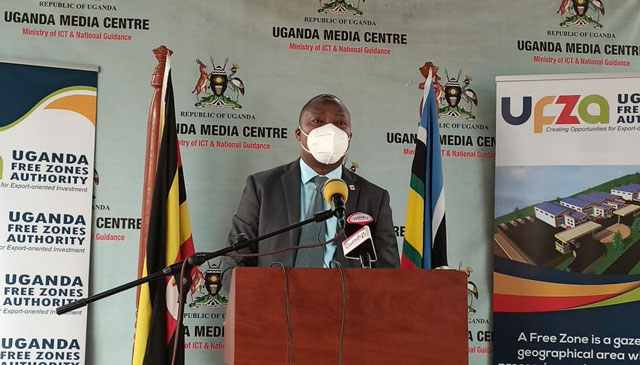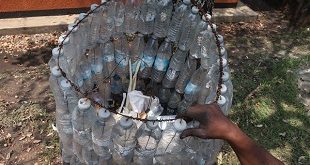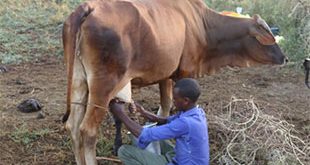
Entebbe, Uganda | THE INDEPENDENT | The contribution of Uganda’s free zones to total exports jumped more than seven times to 1.247 billion dollars in 2020/2021 from the previous year’s exports.
This is about one quarter of the country’s total exports for the year.
The Uganda Free Zones Authority (UFZA)was created to boost production for export, first through establishment or support to free zones around the country.
UFZA’s mandate is to oversee the establishment, development, management, marketing, maintenance, supervision and control of Free Zones in Uganda and to provide for any other related matters.
Currently, there are 23 export processing zones at different levels of growth, including Entebbe, currently under construction as the first Public Free Zone in the country.
An investor qualifies to establish in a free zone when at least 80 percent of the planned production will be for export.
They are then given incentives like ease of access to land and electricity as well as tax clearances, as a way of reducing their cost of production, making their products more competitive on the export market, and also encouraging more investors to join.
During the year, the Authority operated a budget of 8.965 billion shillings. It is implementing its second Strategic Plan 2020/21- 2024/25 which is in line with the third National Development Plan.
According to the performance report, export earnings from free zones rose to 1.247 billion dollars up from just 154 million recorded in 2019/20.
These were topped by semi-processed gold followed by cocoa beans, flowers and horticulture products, sandalwood essential oils, tobacco, natural calcium phosphates and wheat flour among others.
The United Arab Emirates (UAE) also topped the export markets for free zone products, with 1.16 billion dollars from 106.4 million dollars, recorded in 2019/20.
The Middle east country is the market for almost all of Uganda’s semi-refined gold. It was followed by the Netherlands which contributed 39.5 million dollars.
Other main markets were Belgium, Turkey, Germany, Italy, United States of America, Russia, and South Sudan, among others.
“The development of Free Zones offers an opportunity for the Government of Uganda to target resources towards tackling challenges of low value-added agricultural production and manufacturing activities, in order to deliver new employment and market opportunities,” says Hez Kimoomi Alinda, the Chief Executive.
Unfortunately, most of the investment in industry is by foreigners or foreign-owned companies.
Alinda says promotion of the domestic industry though domestic resources is more important today than before as foreign direct investments are declining in most of the world.
Alinda says that in the next year, they will fast-truck the issuance of Sanitary and Phytosanitary Certificates to exporters of fresh produce for export to ensure quicker standardization of exports.
In line with this, the Authority is also to develop and install a Gama Radiation Facility at Entebbe International Airport, and this will also enhance the capability of testing the products before they leave the country.
The challenge the authority has faced is mainly the lack of knowledge among Ugandans about the free zones, the lack of large spaces for setting up the zones, as well as the interpretation of the laws.
He says that the land and development of infrastructure for investors in free zones is made worse by the fact that factories are scattered.
In some instances, the investors in these zones have clashed with other agencies over taxes, but Alinda says that discussions are ongoing with the relevant authorities to resolve this.
On completion, the Entebbe Free Zone will house seven production units and a trade house that will host offices of UFZA, URA and other Government offices to facilitate smooth flow of business in the Zone.
The facility will have firms engaged in high value mineral processing activities, light manufacturing and agro-processing for export through the airport.
It is expected to generate an additional 13.4 million dollars in capital investment, create over 200 direct jobs, and realise export earnings of over 4.02 million dollars per annum.
One sector that is due to benefit from UFZA’s plans for next year is the textile industry, which will be the flagship production line at the Jinja Free Zone, according to Alinda.
*****
URN
 The Independent Uganda: You get the Truth we Pay the Price
The Independent Uganda: You get the Truth we Pay the Price



